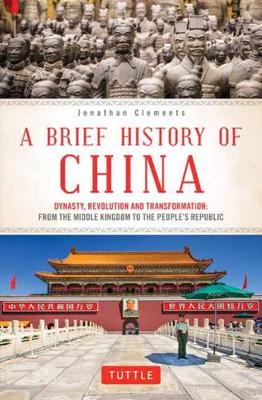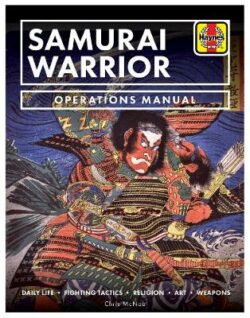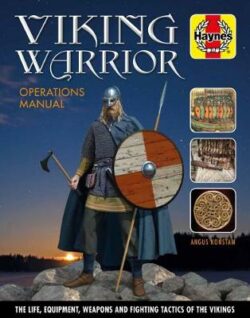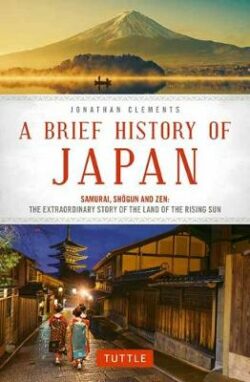Brief History of China
$34.99
Out of stock
Alert me when product is restocked
Description
For millennia, China was the largest and richest nation on earth. Two centuries ago, however, its economy sank into a depression from which it had not fully recovered-until now. China's modern resurgence as the world's largest nation in terms of population and its second-largest economy – where 800 million people have been lifted out of poverty in the space of a few decades-is the greatest untold story of the 21st century.
A Brief History of China tells of the development of a rich and complex civilisation where the use of paper, writing, money and gunpowder were widespread in ancient times and where silk, ceramics, tea, metal implements and other products were produced and exported around the globe. It examines the special conditions that allowed a single culture to unify an entire continent spanning 10 billion square kilometres under the rule of a single man-and the unbelievably rich artistic, literary and architectural heritage that Chinese culture has bequeathed to the world. Equally fascinating is the story of China's decline in the 19th and early 20th century – as Europeans and Americans took centre-stage – and its modern resurgence as an economic powerhouse in recent years.
Today China is a land of gleaming skyscrapers and expressways with the world's largest consumer economy, its biggest network of high-speed trains and a digital infrastructure second to none. But China is also beset by problems – a seemingly homogenous culture with 55 ethnic minorities and a top-down political system where checks and balances are largely absent.
Clements goes back 5000 years, and even brings readers through to the present day, outlining China's economic renaissance under Deng Xiaoping and Xi Jinping. Often seen in the West in black or white terms-as either a savage dystopia or a fantastical paradise – China is revealed in the book as an exceptional yet troubled nation that nevertheless warrants its self-description as the Middle Kingdom.
Additional information
| Weight | 397 g |
|---|---|
| Dimensions | 133 × 203 mm |
| ISBN | 9780804850056 |
| Dimensions | 133 x 203 mm |
| Book Type | Paperback / softback |
| Author | Jonathan Clements |
| Author Bio | Jonathan Clements is the author of Christ's Samurai: The True Story of the Shimabara Rebellion, A Brief History of the Samurai, Modern Japan: All That Matters, Anime: A History and biographies of Admiral Togo and Prince Saionji Kinmochi. In 2016 he became the presenter of Route Awakening (National Geographic)-a TV series on historical icons of Chinese culture. |
| Number of Pages | 352 |




